Is Donald Trump a more sophisticated mathematical thinker than we give him credit for?
The other day, on one of the Sunday talk shows, a lawyer named Sarah Isgur explained the logic Trump was following in throwing the book at those who had once done the same to him. Isgur, who served in the first Trump administration, sees in the President’s actions something more sophisticated than mere revenge: “What you will hear from those people in the Department of Justice is: this is what deterrence theory is about. When you’re playing a cooperative game and the other side defects,” Isgur said, “then you hit them back disproportionately to create that deterrence.”
“Cooperative game,” “defect,” “deterrence” – this is the vocabulary of game theory, the recondite discipline developed by John von Neumann and other 20th-century European scientists to describe how certain structured encounters such as negotiations will play out, and how one can win at them. Back in the Cold War, when the US and the Soviet Union were negotiating over how to avoid a nuclear confrontation, game theory was something that could come up on the television news any evening.
But only geezers remembered that, at least until last April, when the US and China were at loggerheads over trade, the dollar was tumbling, interest rates were rising and Treasury Secretary Scott Bessent was pressed to explain why Trump had threatened to raise duties on Chinese goods to eleventy-zillion percent. “In game theory,” Bessent replied, “this is called strategic uncertainty.”
Could Trump have acted in such a premeditated way? There is little evidence for it in The Art of the Deal. And yet the President emerged from a decades-long business career during which he built nothing of enduring value yet somehow earned billions – he must have had some system for coming out on top during negotiations.
Those who believe he has mastered game theory point to his bargaining on tariffs. They argue that his strategy revealed an intuitive understanding of the prisoner’s dilemma, the classic game-theory problem. Say you and a friend rob a house and get caught. The police don’t have enough evidence to convict you – unless one of you snitches on the other. So they give you incentives. If you betray your friend, he’ll go to prison for four years and you’ll go free immediately. If you both betray each other, you’ll each get two years. If you both remain silent, you’ll both be held in custody for about a year. The upshot is this: it’s always in the collective interest of you and your partner to stay quiet, but it’s in your individual interest to betray each other. When he tariffed nearly every country in the world, Trump separated trading partners who might otherwise have been able to form a common front against the US. Every nation became incentivized to fight for itself.
Throughout his trade negotiations, Trump has also showed a keen awareness of a trade-relations paradox: in many cases, the worse your position is in a trading relationship, the better it is at the negotiating table. If you believe, as Trump does, that a trade deficit is a catastrophe, then a country that runs big trade deficits, such as the US, has less to lose in walking away from the negotiating table. China, in the Trumpian view, will suffer more than America, should trade relations break down.
For game theorists, the heart of negotiating strategy is the ability to make credible threats and promises. In the closing stages of the Vietnam War, when the war’s unpopularity in the US gave the North Vietnamese every incentive to continue fighting all the way to victory, Richard Nixon was desperate to negotiate a settlement. American diplomats therefore put the word out that Nixon was not right in his head and might resort to an insane escalation. The hope was that this would convince the North Vietnamese to come to the negotiating table.
Trump doesn’t require any of those Nixonian theatrics to convince his partners that he is willing to inflict damage at the drop of a hat. In late October he threatened Canada with fresh tariffs over a television advertisement that rubbed him the wrong way. The problem with this sort of melodrama is that it is self-undermining: the more credible it makes your threats, the less credible it makes your promises.
A foreign trading partner could be forgiven for asking what good can come of making any concession to the United States at this point. Trump has decided to use the American role as the West’s defender to engage in hegemonic rent extraction, as game theorists put it. Or, as historians put it, to exact tribute. We now monetize everything, including solidarity. Humiliations result for our friends in Europe as well as for our rivals in Russia and China. This may well be a clever move in a dollars-and-cents way. It could revive American industry. It could even help balance the budget. But the problem for Americans is that humiliations and broken relationships have a cost, and it is one that is hard to calculate until it is too late. You don’t need to be a game theorist to know that.
This article was originally published in The Spectator’s November 10, 2025 World edition.



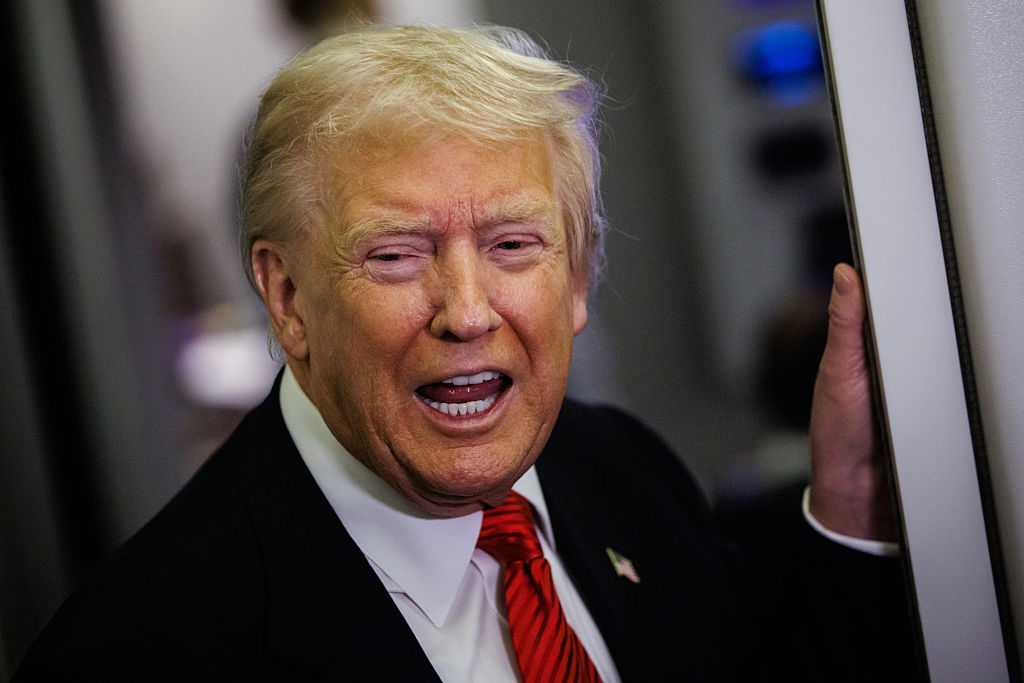






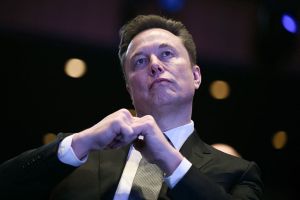
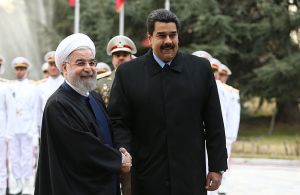
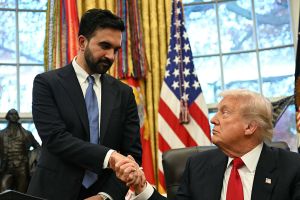



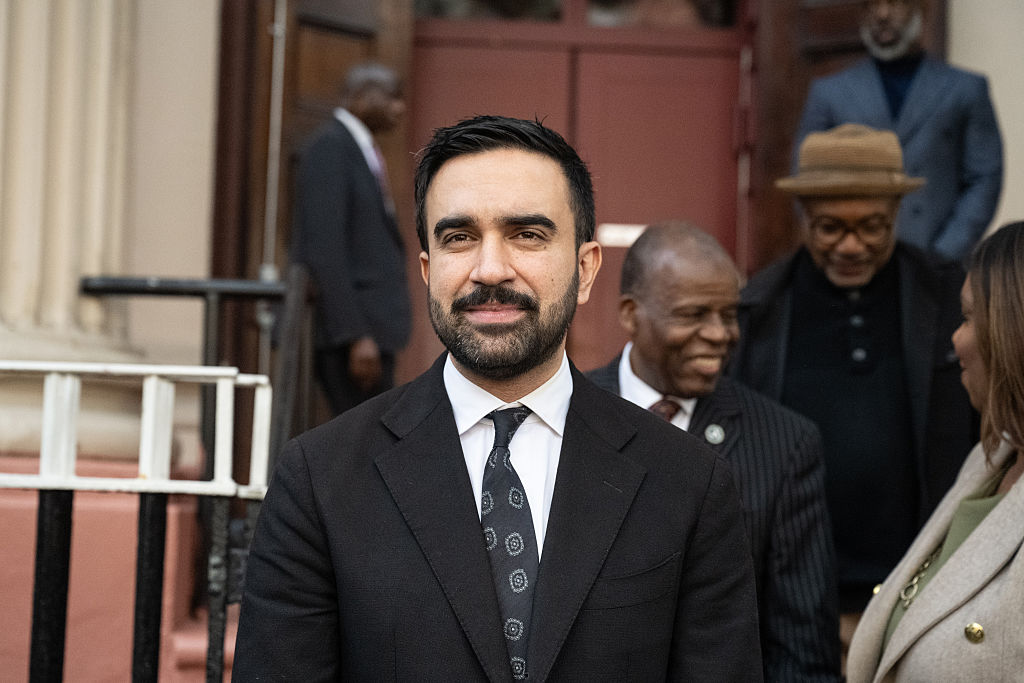









Leave a Reply